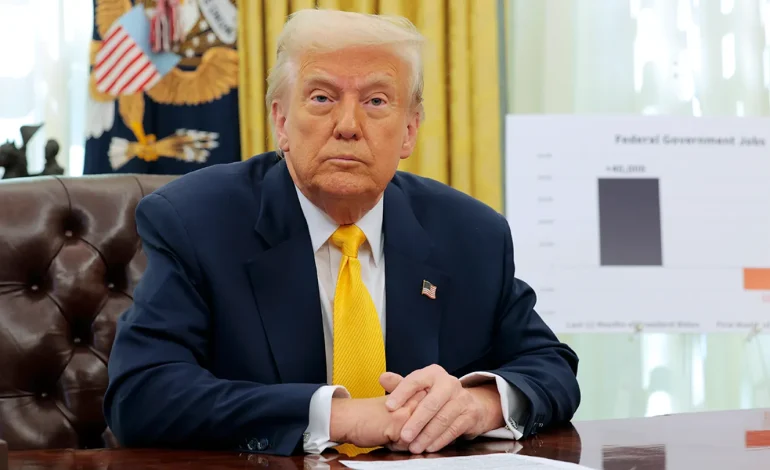Trump Announces 25% Tariffs on Auto Imports

President Donald Trump announced Wednesday the imposition of a 25% tariff on all imported automobiles, a significant increase from the previous 2.5%, Fox News reports.
The new tariffs are slated to take effect on April 2, coinciding with the anticipated announcement of reciprocal tariff plans.
Trump justified the tariffs as a tool to stimulate domestic manufacturing and generate tax revenue for future tax cuts.
“This will lead to the construction of a lot of plants, in this case auto plants,” he stated during a White House press conference, projecting significant job growth both in construction and automobile production.
The President claimed automakers’ reactions to the tariffs varied depending on their US manufacturing presence.
“If they have factories here, they are thrilled. If they don’t have factories here, they’re going to have to get going and build them because otherwise they have to pay tariffs,” he explained.
However, the announcement has been met with widespread concern and the threat of retaliation from key trading partners. Canada’s government has already signaled its intention to impose retaliatory tariffs. Ontario Premier Doug Ford criticized the move, stating the tariffs “will do nothing more than increase costs for hard-working American families.”
Auto industry groups warn that the tariffs could significantly increase car prices for consumers, potentially by thousands of dollars. The Center for Automotive Research suggests that higher costs could force automakers to reduce production and lead to job losses within the industry.
In 2023, the US imported $474 billion worth of automotive products, including $220 billion in passenger cars. The leading suppliers were Mexico, Japan, South Korea, Canada, and Germany, all of which are considered close US allies.
Cox Automotive predicts substantial disruption to North American vehicle production, even without tariff carve-outs for Canada and Mexico. They estimate the cost of US-made vehicles would increase by about $3,000, while vehicles made in Canada or Mexico would rise by $6,000. The firm anticipates a 30% reduction in production, equating to approximately 20,000 fewer vehicles produced per day by mid-April.
Financial markets reacted negatively to the announcement. The S&P 500 declined by 1.12% on Wednesday. Shares in major automakers also fell, with Tesla down 5.6% and General Motors down 3.1%.









The latest news in your social feeds
Subscribe to our social media platforms to stay tuned